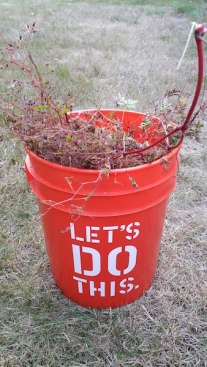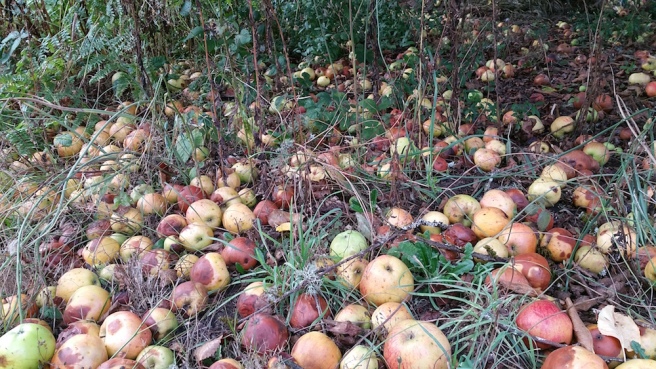So let’s say you’re a slightly awkward single Catholic woman, and you’ve been trying very hard to pay attention to the readings and the liturgy at Mass despite all the cute babies (SO MANY CUTE BABIES), and then the Our Father rolls around.
Are you meditating on how the Father gives us “our daily bread,” providing for us in so many physical and spiritual ways? Are you thinking about the ways in which you’ve “trespassed,” and asking forgiveness? Are you considering the times you’ve failed to forgive the trespasses of others as you should?
No, let’s face it, what is going on in your head is more akin to a pool shark strategizing where to hit the next ball. Because in just a second, the Our Father is going to be over, and the priest or deacon will tell us to offer one another a sign of peace, and if you don’t play things right, it all gets pretty weird.
Let’s see…the impossibly young boy and girl in front of me are obviously a newlywed couple, so they’ll turn to one another first, and considering that they’ve been holding hands through half of Mass, they’ll probably be all kissy and huggy and take awhile at it.
The big family in front of me with that INCREDIBLY CUTE bald-headed baby will have to shake hands in every possible familial combo first, so they won’t be done for a bit.
The woman to my right is a wild card: she has a full black veil over her face and knelt for ten minutes before Mass and has a large, well-worn leather Latin missal, so she may consider shaking hands a bunch of Norvus Ordo tomfoolery and not participate.
That leaves the guy in the ancient green polo shirt behind me, the one who smells so strongly of cigars that he’d better not walk too near a smoke detector. For the moment I love him because we are united in our otherness. So I will shake hands with Mr. Smoky, then eyeball veil lady, then turn to the family, then the couple if they aren’t still kissing.
For the kingdom, the power and the glory are yours, now and forever.
And may I not find myself a pathetic goober, spinning in endless circles with my sweaty hand futilely outstretched. Amen.




![Guercino [Public domain], via Wikimedia Commons](https://upload.wikimedia.org/wikipedia/commons/6/63/Guercino_Return_of_the_prodigal_son.jpg)




